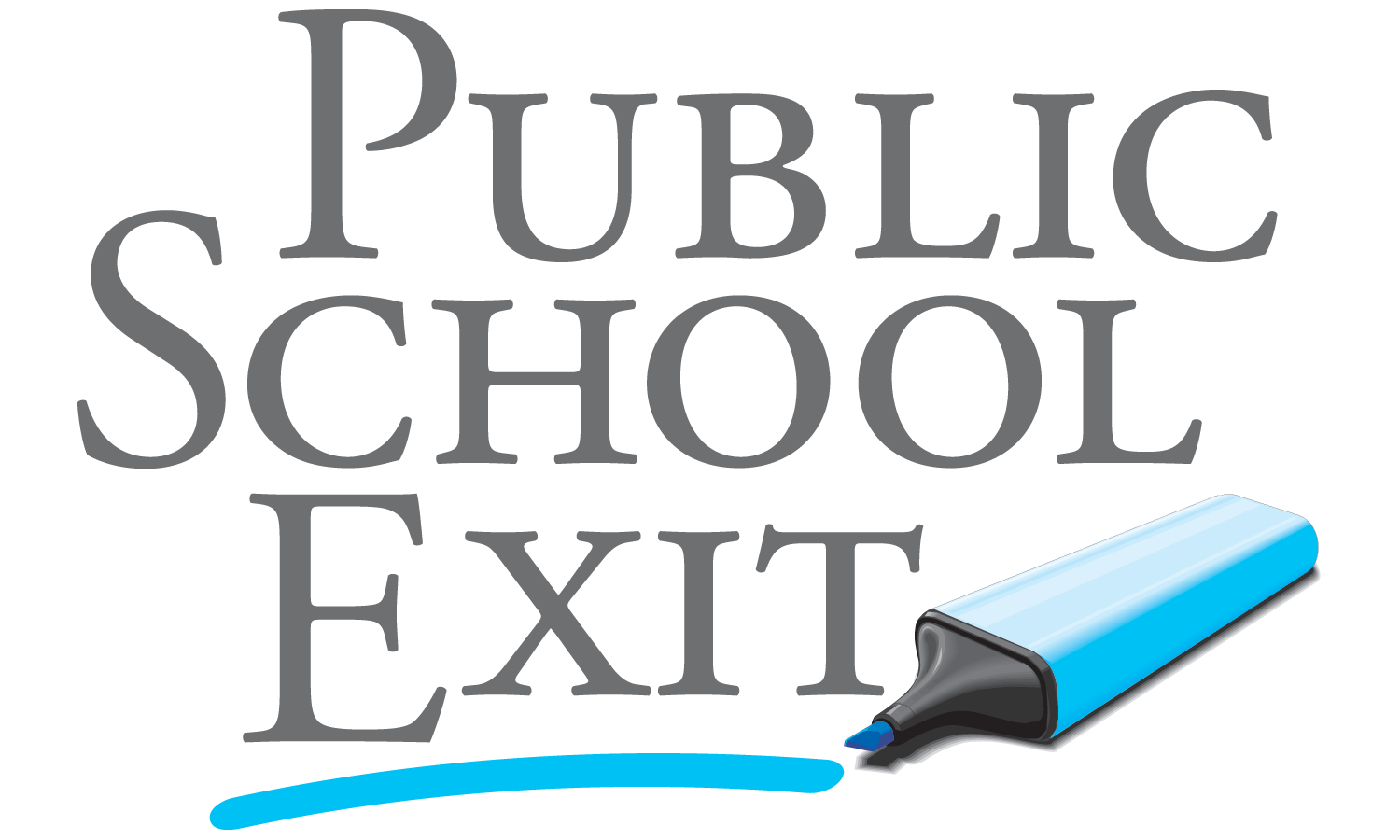By KTVU staff | Published 5 days ago
SACRAMENTO, Calif. - Many California students will likely still be learning at home even after schools re-open in the fall.
During the height of the pandemic, almost 35,000 California families filed an affidavit with the state to open a private home school, EdSource reported.
That’s more than double the number of private school affidavits filed for the 2018-19 school year for schools with five or fewer students — the number that the state Department of Education says is likely to be a home school. Another 3,215 people filed private school affidavits to operate schools with six or more students.
Throughout the country, home-schooling programs nationwide saw a substantial increase in enrollment after school campuses closed last year, according to the U.S. Census Bureau’s Household Pulse Survey.
EdSource reported that on April 23, 2020 — a few weeks after campus closing began — about 5% of U.S. households reported that they were home-schooling at least one of their school-age children, according to the survey. By fall that number reached 11%.
Two Assembly bills were introduced in 2018 that would have required more oversight of these affidavit home schools, but both failed to gain traction and died. One bill would have required that home schools be listed as such on private school affidavits and that school districts be notified of children being home-schooled locally. The second bill would have formed an advisory committee to assess homeschooling in the state and to offer recommendations.
Meanwhile, K-through-12th grade students now have more ways to make up for the lost learning brought on by the coronavirus pandemic.
Thanks to a law authored by Assemblywoman Lorena Gonzalez, those options now include repeating a grade, changing low grades to "pass" or "no pass," and juniors and seniors can enroll in a fifth year of high school.
AB 104 was signed into law by Gov. Gavin Newsom last week.
Lawmakers say special interventions were needed to help students overcome the challenges brought on by the pandemic, especially those in low-income and minority groups.

